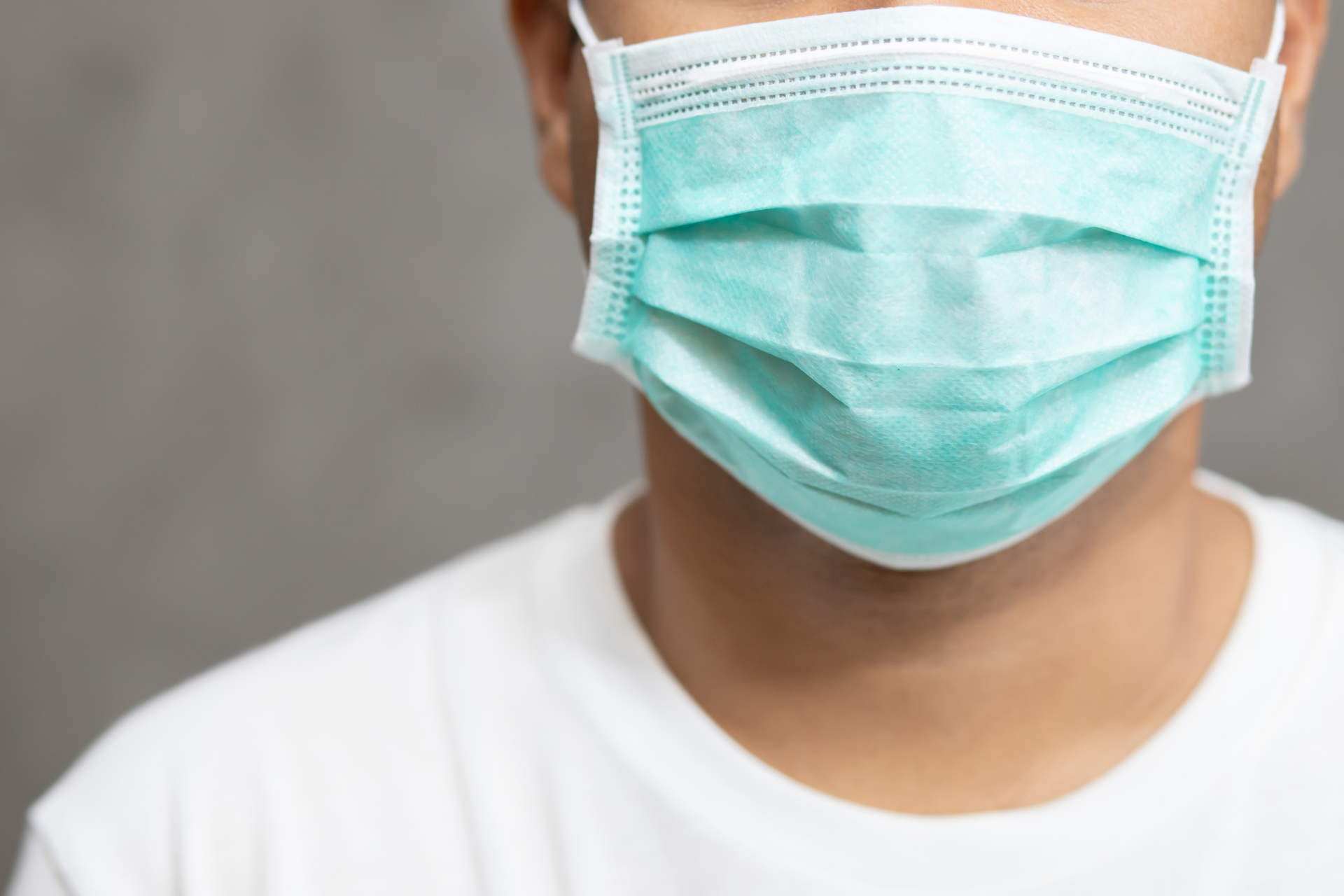
The human population is exponentially growing and worldwide there is an increase in the reported cases of infectious diseases. Infectious agents vary greatly in size, type as does the method of their transmission.
Viruses can cause mild to severe illness and even death, particularly in some high-risk individuals. People at increased risk for severe disease include pregnant women, the young and old, immune-compromised people, and people with chronic underlying medical conditions.
A pandemic occurs when a virus which was not previously circulating among humans and to which most people do not have immunity emerges and transmits from one person to another.
Infectious diseases have severe economic and social implications, which are not always immediately appreciated.
Vaccinate
- Offers seasonal immunity and sometimes a lifelong protection
- Good for protecting everyone from disability or death
- Protection when travelling to a foreign country
Avoid contact with sick people
Disinfect surfaces
Cover your mouth and nose when you sneeze or cough
Practice good hygiene
- Bathe regularly with soap. Wash your body and your hair often
- Trim your nails
- Brush and floss your teeth
- Wash your hands
- Sleep well
Practice good food safety
- Wash your hands before, and after handling raw food
- Wash raw fruit and vegetables well
- Thoroughly cook all food of animal origin, including eggs
- Wash boards and knives in warm soapy water
When storing food
- Keep food covered
- Allow cooked food to cool slightly before putting it in the fridge
- Store raw meat, poultry and seafood below cooked or ready-to-eat food
- Keep your fridge clean
Monitor food temperatures
- Keep hot food hot (above 60°C) and cold food cold (at or below 5°C)
- Reheat food until the internal temperature of the food is piping hot
- Before eating microwaved food, make sure it reaches an even temperature
It is worthwhile having a plan for what you would do if your usual ways of getting groceries, petrol or medical supplies are disrupted for several days.
- Prepare an emergency pantry supply (aim for 14 days of supplies)
- Discuss with your household how you will manage during a pandemic
- Identify people you could ask for help, and others who might need your help
- Investigate your life insurance and income protection policies
Look out for symptoms and act
- Fever and headache
- Muscle and joint pain
- Sore throat or cough
- Runny or stuffy nose
- Severe tiredness
- vomiting and diarrhoea
If your health deteriorates considerably or you are having trouble breathing, call triple zero (000).
If a pandemic phone advice hotline is established, the number will be advertised widely.
Visit your doctor or travel health centre at least eight weeks prior to travelling overseas.
They will check if you will need any vaccinations or medications to reduce your risk from infectious diseases for your travel destinations.
- Follow all advice given by response agencies.
- If you get sick
- Get medical advice from your local Doctor or
- Health Direct by calling 1800 022 222 who are available 24/7
- Stay home if you are sick and, in some cases, even if you are not
- Plan to take care of children who must stay home from schools or day-care
- Ensure you have enough supplies if asked you are asked to stay quarantined at home
Understand basic prevention methods to keep from getting sick
- Avoid close contact with people who are sick and keep your distance
- Cover your mouth and nose when coughing or sneezing
- Wash your hands often
- Avoid touching your eyes, nose or mouth
Plan for service disruption
- Hospitals and doctors
- Banks and shops
- Utilities providers
- Bus and train services, along with possible fuel shortages
- Borders may shut to interstate and international travel
- Recreational activities should be postponed
Stay informed
- Follow official pages on social media
- Stay informed - Listen to your local ABC Radio Station
